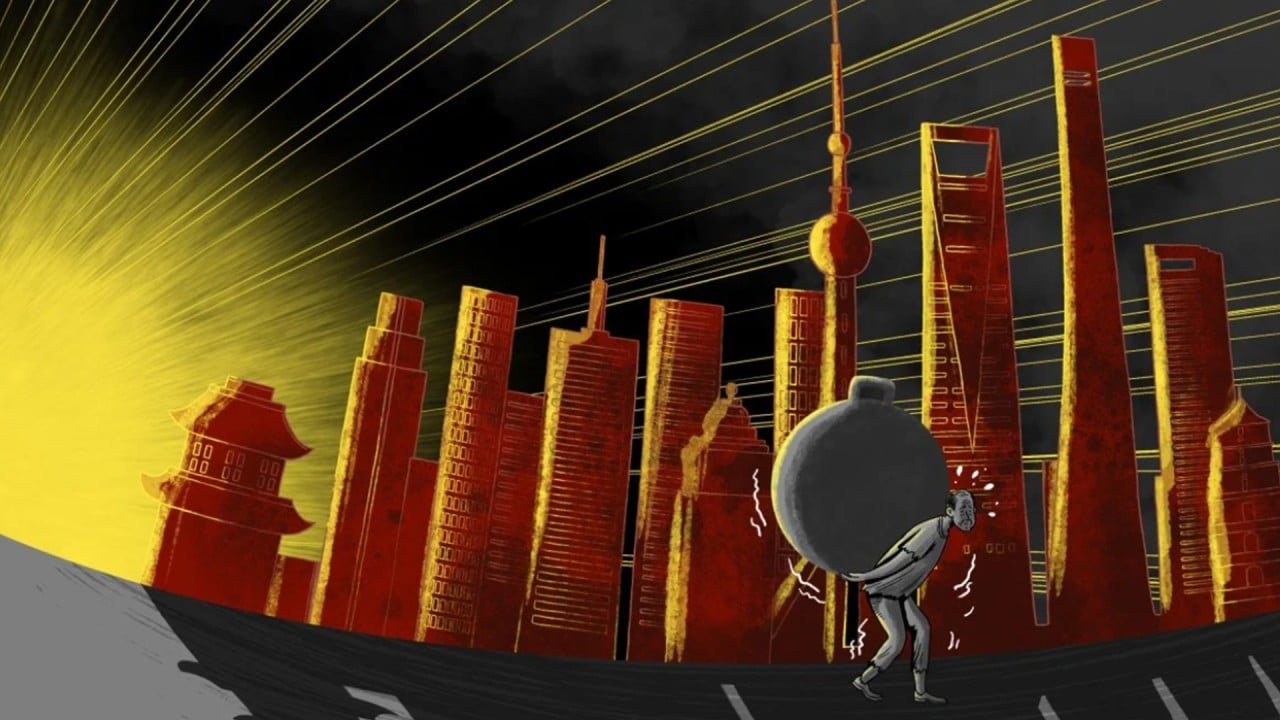
China urged to look to low-income groups like migrant workers to ignite new growth engines
- Central bank adviser Liu Shijin and former Chongqing mayor Huang Qifan call to boost spending power of people down the economic ladder
- Proposals include further relaxing urban permit system for better access to public services, and buying up surplus flats for affordable housing
Boosting the spending power of low-income groups could unleash new growth potential for China, a central bank adviser and the former mayor of a major industrial hub have said.
The comments come as the world’s second-largest economy tries to find sustainable growth engines amid a faltering post-pandemic recovery.
Liu Shijin, a member of the People’s Bank of China’s monetary policy committee, said China would be able to hit its target of “around 5 per cent” growth this year.
How much employment pressure is China facing?
Concerns have been mounting in China over the economy’s long-term potential amid a prolonged property market slump and local government debt crisis, alongside a drop in exports.
Advisers like Liu have long urged the central government to relax urban residency restrictions to boost the spending power of migrant workers, the millions of rural economic migrants who helped power China’s rapid urbanisation.
In 2022, about 921 million of China’s 1.4 billion people lived in urban areas, nearly double the number of those in rural regions, according to official data.
To support urbanisation, China has been pushing to loosen its residence permit system, or hukou, which determines access to public education, healthcare and other social services.
In place since the 1950s, the system has long been criticised for restricting internal migration and preventing rural residents from enjoying public services in cities, which squeezes their earnings and widens the urban-rural divide.
Liu said bigger efforts were needed to promote “equality” among rural and urban residents in terms of access to social welfare and public services.
“Apart from a few special regions … we need to abolish the differences in permits between rural and urban residents,” Liu said.
He also proposed a three-year plan to help boost the welfare of migrant workers, saying local governments could buy properties that developers were struggling to sell, and use them as housing for lower-income groups.
China’s model of relying on real estate to drive economic growth and increase fiscal revenue has become unsustainable
China had around 295.6 million migrant workers in 2022, according to official data.
Huang Qifan, a former mayor of southwestern mega city and major industrial hub Chongqing, also said boosting the spending power of low-income groups would be “key” to driving long-term growth.
“Over the past 20 years, China’s model of relying on real estate to drive economic growth and increase fiscal revenue has become unsustainable,” Huang said in a keynote speech at a forum in Guangzhou on Saturday published by Beijing-based think tank New Economist.
Rather than cash handouts to boost consumption in the short-term, as some have suggested, he said measures to boost the overall spending power of low- to middle-income groups would be more effective at powering the economy in the next few decades.


